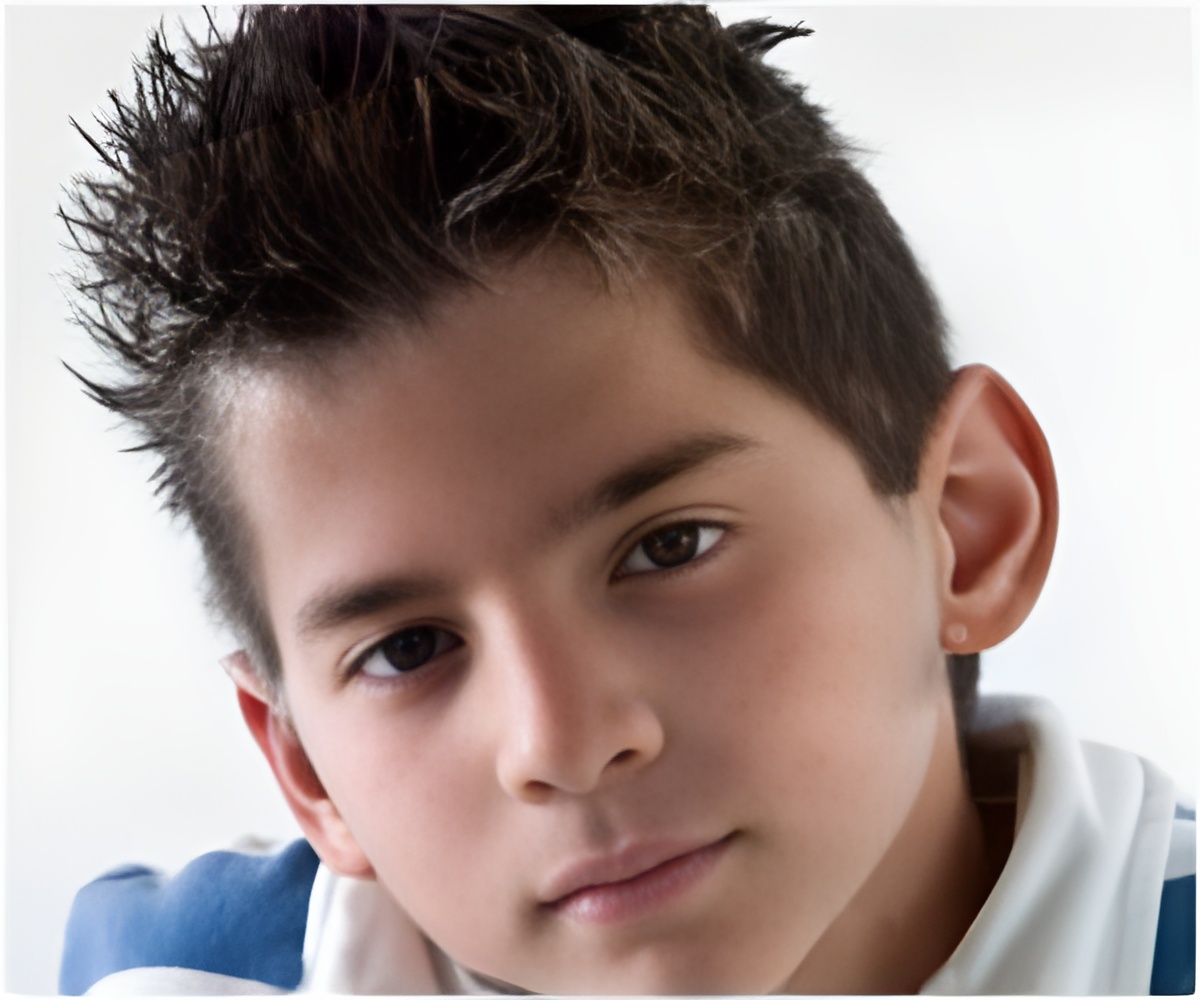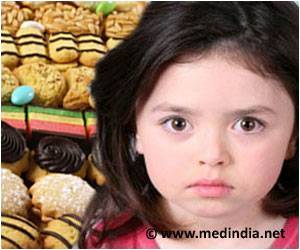Children who are conceived either less than 1 year or more than 5 years after birth of their prior sibling are more likely to be diagnosed with autism than those conceived within 2-3 years.

The study found that the risk of an autism diagnosis among children conceived less than 12 months following a sibling's birth was one and a half times as high as those conceived following an interval of 24-59 months. Children conceived following an interval of 60-120 months were almost 30% more likely to be diagnosed with autism. For intervals of more than 120 months, the risk of autism was over 40% higher.
Cheslack-Postava said that it was intriguing to see that the risk of ASD diagnosis was higher in both closely and distantly spaced pregnancies. It is important to realize that we can't say from this study that spacing of pregnancies per se is a cause of ASD-this is most likely a proxy of other factors that are more directly related to the chance of the child's developing ASD. In other words, the importance of this finding lies in the clues that it can provide in terms of understanding how the prenatal environment is related to outcomes after birth.
The study was published in Journal of the American Academy of Child and Adolescent Psychiatry.
Source-ANI












